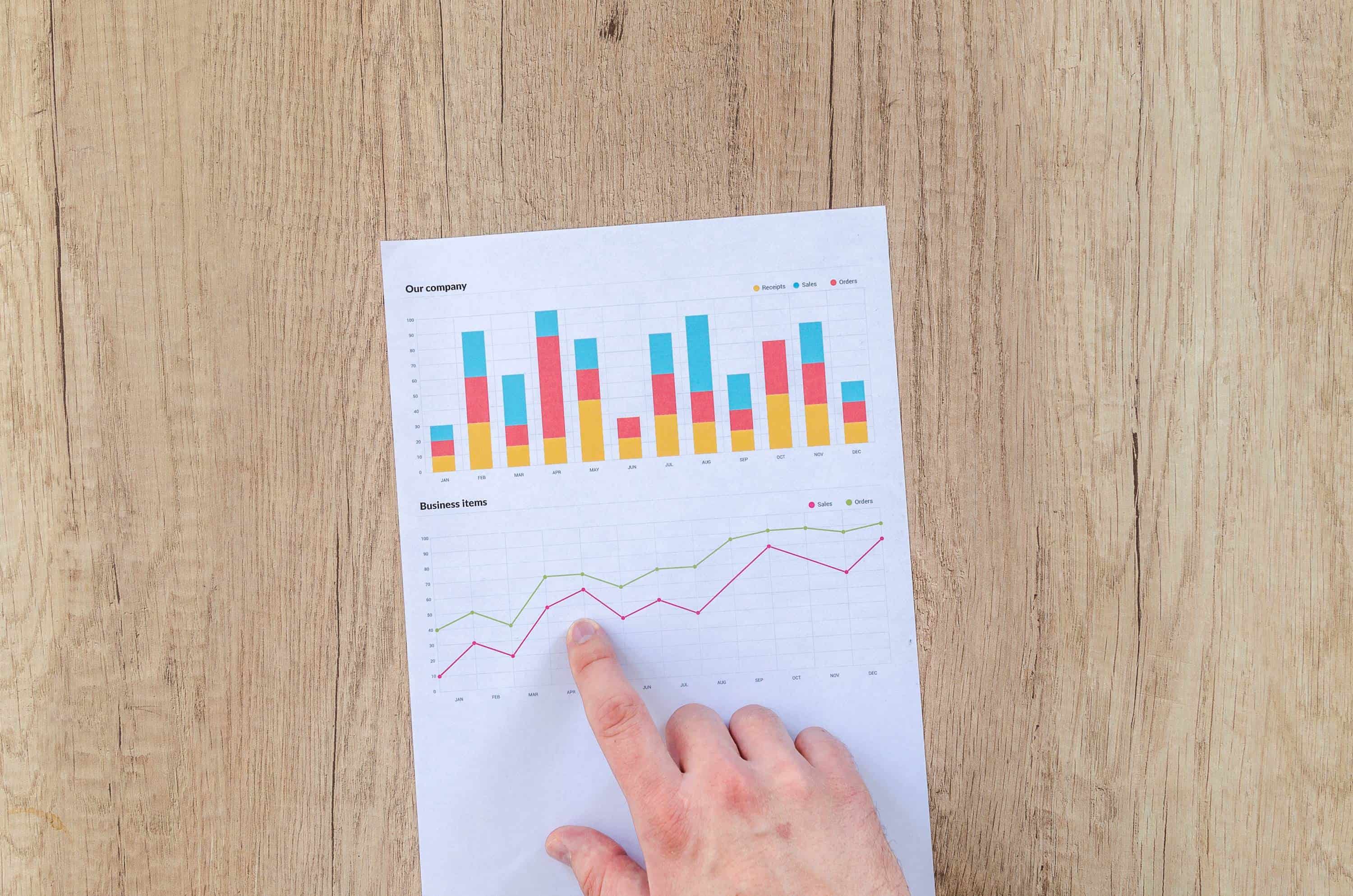In recent days, the airwaves have been inundated with all things COVID-19! At the time of writing this article, the infectious disease had not been reported as a pandemic but may be on its way. It is often the mistake of many individual investors to attempt to know the movements of the stock market. When a disruptive force gives the markets an opportunity to correct, investors not only help the market correct but substantially contribute to the degree of correction. One method of assistance is the overwhelming and uncanny ability humans possess for allowing fear to grip their lives so dramatically that bad decisions are turned into horrific decisions.
At the turn of the new year, the coronavirus began its assault on the people of China. We can debate whether the communication and unified efforts of the Ministry of Health of the People’s Republic of China and the World Health Organization (WHO) may have stifled the transmission of the disease. The fact is that this strain of coronavirus has spread rather quickly from one hemisphere to the next arriving in our nation on the west coast.
What does this information have to do with investing, you ask? Fundamentally, the same companies that achieved record profits in 2019 are the same ones that investor are now selling because of potential supply line delays or collapse. China provides a significant amount of goods to the Unites States. However, the companies that purchase their primary inventories from China for further manufacturing their products in the U.S. continue to hold substantial cash positions on their balance sheets, enjoy full employment of their workforce and, as mentioned earlier, know how to make a profit.
So, what is all of the concern about COVID-19? First, the ability to cope with unknown environmental infirmity by individual investors is almost nonexistent. Two emotions drive most of the market purchases and sells – fear and greed. One of the most often quoted statements of wisdom about these emotions was coined by one of the greatest investors of our lifetime, Warren Buffett. He said, “It is wise to be fearful when others are greedy and greedy when others are fearful.” The markets’ precipitous drop, as reported by the S&P500 and DJIA, for the period of February 19 through 28 can only be explained with fear. Stocks that were successful and reported good growth in 2019 were now being liquidated so quickly the indices reported an 11% drop meeting the definition of a correction.
Understanding that people are concerned about their overall investment portfolios, I recommend they revisit their purposes for accumulating the investments. If you have a change in your long-term need, your physical well-being has improved or declined dramatically, your family has received an unexpected windfall of assets – these are valid reasons to rebalance your portfolio to reduce risk or increase opportunity. To attempt to time the market by simply selling out after the decline of the market only converts your unrealized loss to a realized one. In country terms of my father’s remarking, “that is about as wise as shutting the barn door after the horse has left the barn.”
The better approach to protecting your family’s long-term investment savings is to make decisions out of unbiased research and analysis. Study the fundamentals of the markets and set a level of expected risk that will trigger the time of rebalancing instead of allowing fear to drive your decisions and possibly cost your family the security you desired in the first place.
If you feel that you can’t make the decisions necessary to stay the course of your original investment approach, seek out a Certified Financial Planner™ professional and ask for a complimentary consultation and stress-test of your portfolio. You may sleep better at night.





